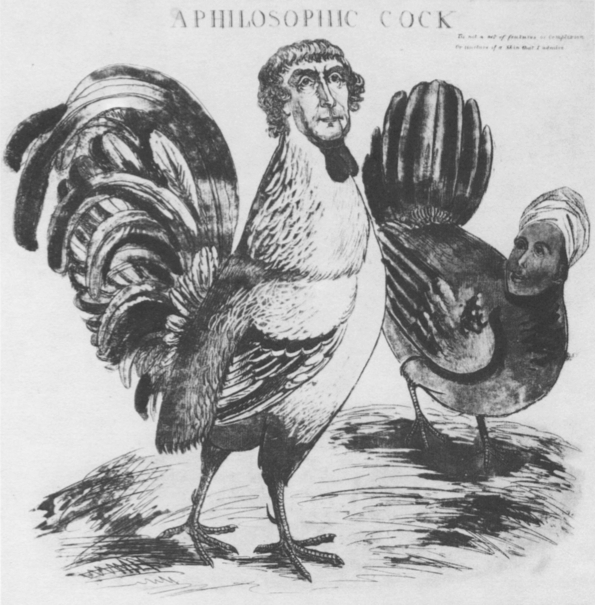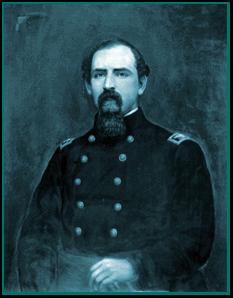I certainly agree with the main theme of the essay – that just because a study exists that seems to support an idea, that that idea is a good idea. Studies, especially those done in disciplines as fickle as psychology, will often produce different results depending on how they are executed.
I am in agreement with the idea that pop psychology is often quite flawed. Coming to general conclusions about the human mind is very difficult, replicating the test conditions of an experiment can be quite a challenge, and there are often biases in test samples which are hard to detect (such as participants being primarily college students as mentioned in the article.) Many famous and often-cited psychological studies, such as the Stanford prison experiment, are often criticized for being flawed and unscientific. And misuse of psychology can have serious consequences, as demonstrated the prevalence of lobotomies in the mid-20th century.
However, I’m not a big fan of this article. It’s not very substantiative, and only offers general examples of flawed uses of studies or flawed pop psychology. While I certainly appreciate investigations into overly simple narratives propagated by personalities like Malcolm Gladwell, author Andy Kessler fails to demonstrate exactly how he misuses studies to support his arguments and fails to explain any problems with Gladwell’s theory of “10,000 hours of experience is what makes a master” other than “athletes can have natural advantages” and “your real-world experience probably doesn’t reflect this,” neither of which are good reasons, especially in the light of the supposed “scientific studies” which Gladwell uses to back up his claims. While these studies may have been misused, Kessler fails to explain how the conclusions of these studies differ from Gladwell’s thesis, or how the methodologies of these individual studies are flawed.
Also, while the article is framed as a response to James Damore’s controversial essay criticizing Google’s efforts to promote workplace diversity, not once does he provide evidence in favor of Damore’s assertions. He merely questions the relevance of studies in general, not the ones Damore claims Google bases their practices on. There is also a clear political bent to this article, with criticism thrown specifically at diversity training, Barack Obama, and Hillary Clinton, even when the two Democrats have only marginal connections to the article’s subject.
Although I think this article is not very good, perhaps I can apply its central thesis to my essay topic. Many have argued that the results of the DNA testing done on descendants of Sally Hemings is still up for interpretation, considering that it is possible that another Jefferson could have fathered Eston Hemings, the ancestor of the descendant tested, given that Thomas Jefferson would have shared a Y-chromosome with his male relatives. However, most historians accepted the notion that Thomas was the father given the existence of the rumors during Jefferson’s time, the testimonies of Hemings’ children, and that few people other than Jefferson would have been around Sally Hemings enough to father her 6 children (assuming they all came from the same father) or to foster a long-term relationship with her.


